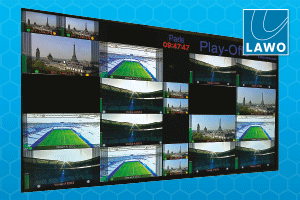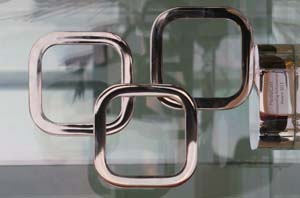Google wants to get its hands on the money that is now going into traditional television, warned a senior advertising executive – and if history is any guide, it has a good chance of succeeding. ‘Ten years ago the traditional media owned the classified advertising space and now Google owns it,’ Nick Cohen, MD of […]
‘Ten years ago the traditional media owned the classified advertising space and now Google owns it,’ Nick Cohen, MD of Mediacom Beyond Advertising, told the audience at ‘The Fight for the Net Generation’ panel. ‘Google is focusing a lot of attention on broadcasting and they have a formidable group working there who want to take the money that now goes into TV.’
While traditional broadcast is still attracting the lion’s share of audiences and ad money, audiences are consuming increased amounts of online content and both producers and broadcasters are starting to organise their business to make sure they don’t miss out on what the Net Generation wants. ‘The economics have to adapt because some people love cheap content as much as they really like expensive content,’ said Peter Cowley, CEO of Spirit Digital Media.
According to the chief digital officer of BBC Worldwide Dan Heaf, online has to become part of the windowing system that has worked so well for TV but there are hurdles like low online advertising rates and the way audiences flow around digital content based on navigation rather than promotion. The BBC has a healthy YouTube business with 45 million views per month but Heaf said it was a significant subset to the money made from TV. ‘Would I swap my YouTube profits for my profits from other channels, no absolutely not,’ he said. However, BBC Worldwide is putting some of its online ad inventory into Google’s algorhythmic ad trading system.
‘YouTube is not going to get rid of traditional telly but there is going to be a shared ecosystem with different types of devices and experiences for different people,’ said Mediacom’s Cohen. ‘The interesting thing for the TV business is, does the share of revenue that the TV gets in that world shrink or not?’





































































